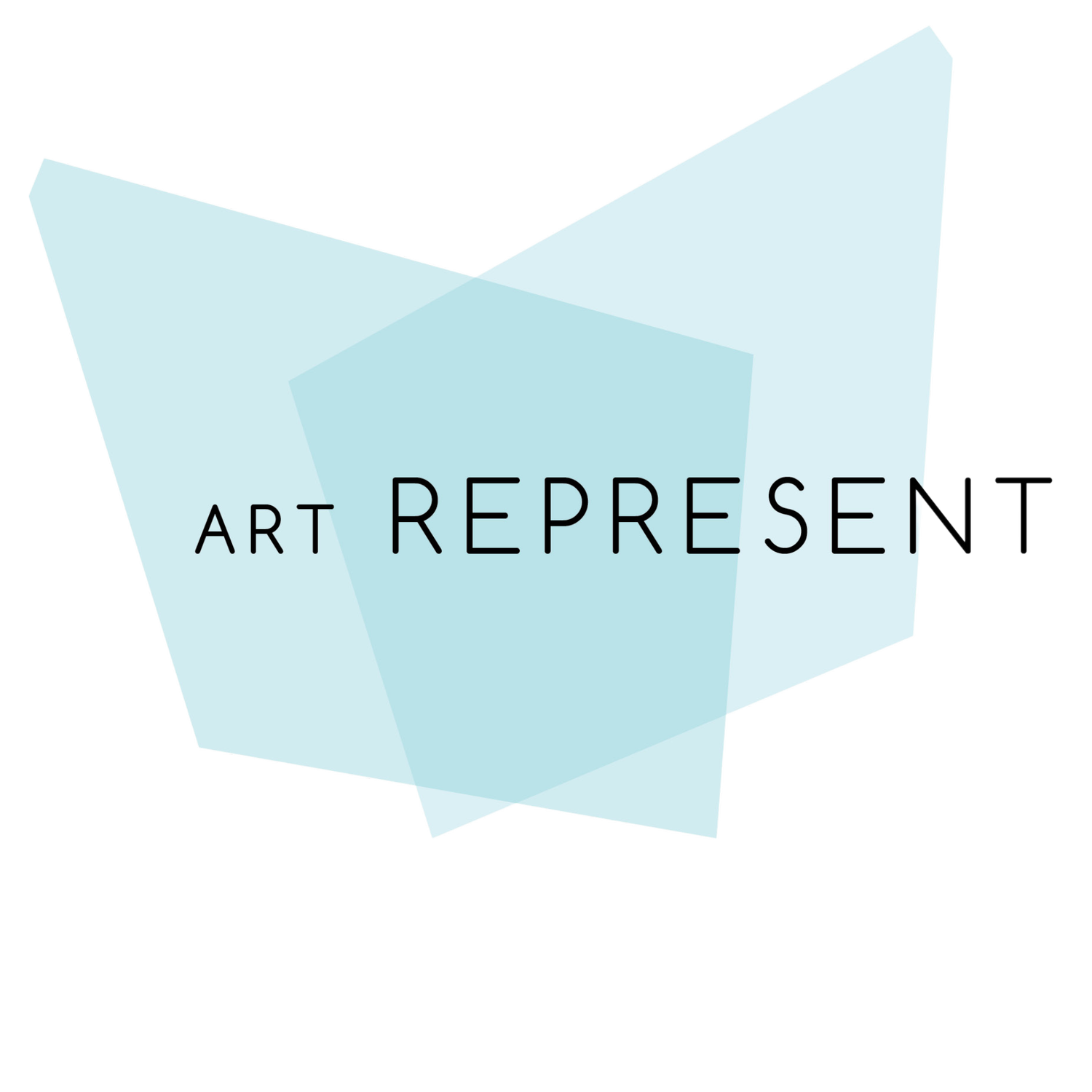‘I am in search for a new life for my son…and perhaps for a new homeland too’.
Having watched a brutal conflict unfold in his native Syria, Riyadh-based artist Yaser Al Gharbi acknowledges the paradoxical role these devastating developments have played in influencing his artistic practice. Whilst the country’s recent history - and the resulting psychological trauma experienced by all Syrians - has dealt a huge blow to Yaser’s own future plans and internal thinking, it has also strengthened his motivation to inspire a sense of hope in others through his art. ‘I am more and more determined to work so that I may through my art help even one person from my country, and maybe even more people from what looks to be a dark future.’
Yaser’s interest in art began as a child, and despite later studying law at university, he followed his passion and chose to pursue a career as an artist, exhibiting for the first time in 2004 at the University of Aleppo. He consistently incorporates Arabic calligraphy in his works, a talent Yaser describes as ‘the gift of God’, though one that required many years to refine and mature. Through time, Yaser grew attached to the shapes, forms and configurations of Arabic letters, and regards them as a hugely significant form of Arab heritage. As an artist, Yaser immerses himself in a continuous phase of experimentation and exploration, employing an array of different techniques in his works such as engraving on canvas, embossed free hand colours, inks and collage.
His works include verses from the Quran, and frequently refer to the sayings and poetry of Ibn Arabi, widely regarded as one of the most important scholars of Sufism. ‘It was in Aleppo, where I was studying to be a lawyer in 2004,’ he recalls, ‘that the 6th anniversary of the death of the great poet Nizar Qabbani was approaching’. It was at this point that Yaser, a lover of poetry, felt yet more compelled to incorporate verse that inspired him into his works. Whilst strikingly contemporary, Yaser’s canvases also pay homage to centuries of Arab civilization, underlining his view that his culture and heritage will always endure. ‘As the revolution enters its 5th year, so many great Syrian people are still here despite all the weapons of murder used against them under different labels and banners’.
His decision to leave Syria and relocate to Riyadh in 2010, shortly before the conflict took root in Syria, was spurred on by the same sense of widespread injustice and persecution that would soon lead to popular revolt. For Yaser, however, there is no escaping the implications of the conflict for Syrians, irrespective of where they may be. Referring to his own experience of watching on from Saudi Arabia, he expresses his concern for family members that stayed behind. Equally, he feels a profound sense of obligation to help those who remain in difficult circumstances, as well as a desire to play an active role in shaping the future of his homeland.
Despite having faced a number of obstacles in relocating to another country, not least having to support his family financially, Yaser notes that the art scene in Saudi Arabia provided the appropriate conditions for him to develop his practice further. His use of social media to bring his works to an online community has enhanced his feeling of solidarity with his fellow countrymen. ‘Through sharing some photos and videos, I was keen to conceal the pain in me as a Syrian and focus instead on the positive side, dedicating myself to spread the spirit of optimism, hope and life through artistic experience. Giving some hope and life for my brothers is the least I can do’.
- Edited by George King












